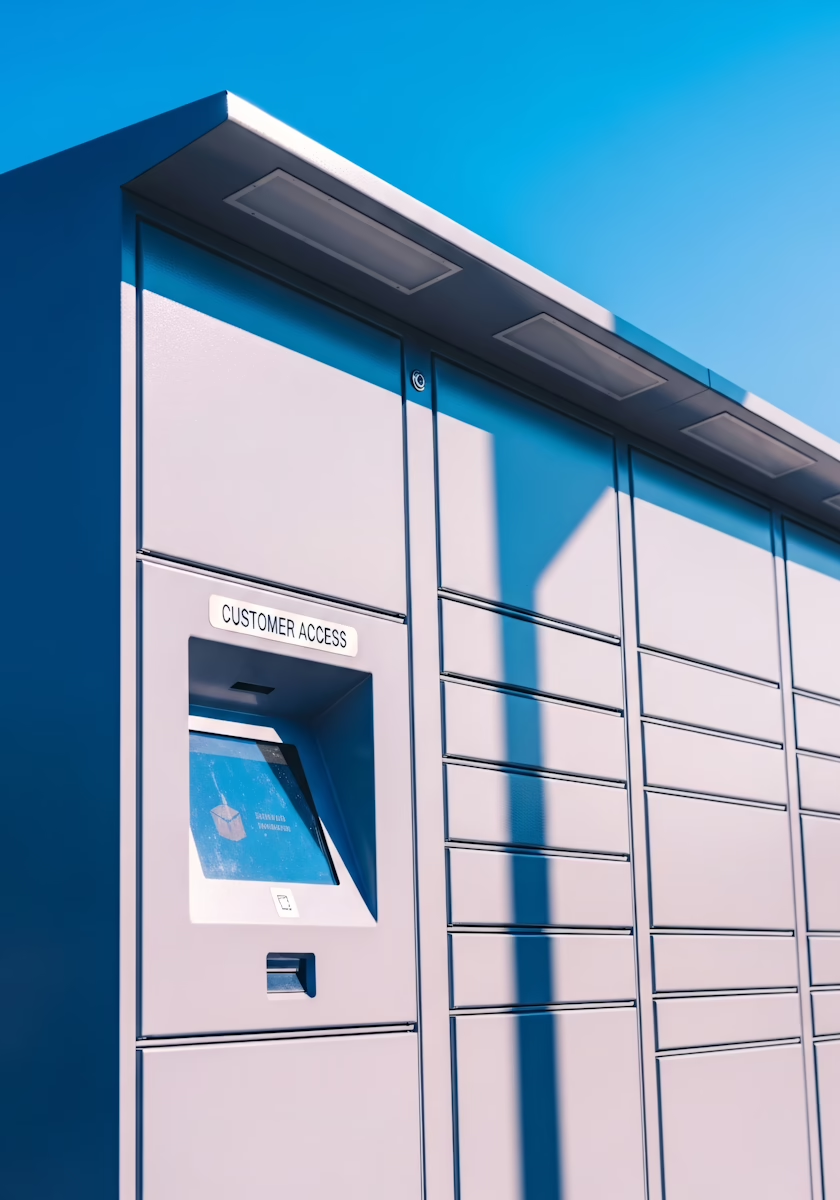Accounts Receivable Collection Period, Days Sales Outstanding in Receivables (DSO)
Because of the importance of cash in the management of your company, it is in your best interest to collect outstanding debts as soon as possible. By quickly converting sales into cash, you have the opportunity to put the money to use – to reinvest and generate additional sales.
The DSO (Days Sales Outstanding) can be used to determine if a business wants to hide weak sales or is generally ineffective in generating revenue. Most companies calculate their DSO on a quarterly or annual basis and use that information to determine how quickly their customers pay their bills.
Days Sales Outstanding (DSO)
In tough economic times, it is imperative to manage your A/R carefully. Unfortunately, the traditional way of measuring the performance of Accounts Receivable is severely damaged. The method is so precise that precise measures are required.
Days Sales Outstanding (DSO) refers to the number of days required to recover debts over a specified period. It is a crucial business economic indicator because it shows the age of the accounts receivable of a business and the average time it takes to convert those receivables into cash. DSO indicates the number of days’ worth of sales that are due but unpaid within a specified period. Having a higher DSO can be costly. A good indicator is that the DSO should not exceed 33% to 50% of the terms of sale. If these conditions are met within 30 days, an acceptable DSO or "safe collection period" is typically 40 to 45 days. A receivable DSO term of 15 days is a candidate for collection. Keep in mind that the less money is invested in accounts receivable, the more money can be used for investment in your business or to create dividends.
Case Scenario: HVAC Contractor Trying to Improve Cash Flow
Company: CoolAirXYZ Experts, LLC
Industry: Commercial HVAC Services
Monthly Credit Sales: $100,000
Accounts Receivable at End of Month: $60,000
Days in Period: 30
As a finance manager, you understand the importance of a smooth and timely financial close. But even with the best strategies, challenges can arise. That’s where the right partnership can make all the difference. At Burt and Associates, we specialize in tailored, ethical debt collection practices that align with your business goals. By integrating our services, you can focus on optimizing your financial close process without the added stress of managing overdue accounts.
We know every business is unique, and that’s why we work closely with you to develop a customized approach that meets your specific needs. Whether you’re dealing with complex financial situations or simply looking to improve cash flow, our team is here to support you every step of the way.
Let’s turn those strategies into results together. Take the first step towards a more efficient financial close by reaching out to us today.
Let's Work Together to Optimize Your Business!
At Burt and Associates, we specialize in business-to-business (B2B) debt collection, prioritizing strong business relationships and tailored ethical recovery practices. Choose the approach that best fits your needs, and let’s take the first step toward improving your cash flow.
If you’re ready to discuss your overdue accounts and explore customized solutions, schedule a free consultation with one of our experts.
Schedule an Appointment.
Commercial Collection Topics
- Commercial Business Loans Interest payments. When a lender establishes an interest rate, it must comply with any applicable state usury laws...
- Export Credit Insurance Defines what export credit insurance is and the benefits to the policy holder....
- The Ethics of Business Debt Collection Considering Hiring a Debt Collector to collect on your business?. The methods used in collecting on debt are the third...
- Accounts Receivables Aging Schedule The Accounts Receivable Aging Schedule is a useful tool for analyzing the aging of your accounts receivable. Analyzing the schedule...















